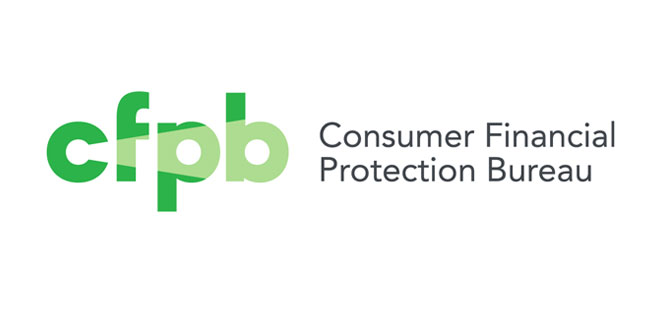As you know by now, there’s good news for community bankers at the CFPB:
In addition to the fact that Richard Cordray is no longer the Director of the Consumer Financial Protection Bureau, (he has just announced his long-anticipated candidacy for Governor of Ohio), it seems pretty clear that the President’s selection of Mick Mulvaney as Acting Director is going to hold up.
Former CFPB Chief of Staff Leandra English was promoted to Deputy Director by Cordray as he was on his way out the door. Apparently it was a last-ditch effort to keep the Cordray “team” in charge.
Dodd-Frank provides that the Bureau’s deputy director will serve as acting its director in the “absence or unavailability of the director.” When Cordray resigned, the argument goes, the Office of the Director is now “vacant.” “Vacant” under this theory equates to the Director being “absent” and/or “unavailable.” That should mean the Deputy Director will serve in an “acting” capacity until the Senate confirms Cordray’s successor.
As clever as this argument was, it did not carry the day with the presiding judge, the Honorable Timothy J. Kelly of the Federal District Court in Washington. Judge Kelly reasoned that the Federal Vacancies Reform Act of 1998 gives the President authority to “temporarily authorize” an acting official to fill the vacancy of an officer in an Executive agency whose appointment is “required to be made by the President” and confirmed by the Senate. It is the “exclusive means” by which an “acting” role can be filled, unless there’s something more specific in the law that provides an alternative means for filling a vacancy.
Before appointing Mulvaney, the President requested an opinion from the Justice Department about his authority to designate an Acting Director of the Bureau upon the resignation of the Director. That opinion (dated November 25, 2017) can be accessed here:
file:///Z:/GRC%20FY%202017%20%202018/Justice%20Department%20Opinion%20on%20CFPB.pdf
The opinion supports the President’s action. In addition, the General Counsel at the CFPB also wrote an opinion and reached the same conclusion.
Ms. English filed suit (personally, not on behalf of the CFPB) to block Mulvaney’s appointment. Her attorney said they would appeal the court’s decision to the Court of Appeals for the D.C. Circuit.
Meanwhile, among other things, Mulvaney has imposed a 30-day freeze on all new regulations, guidance, hiring and imposition of civil money penalties at the Bureau. He told the media his goal was to “fix” the Bureau so it would protect consumers without cutting off their access to credit and other financial services.
Mulvaney was also quoted as saying that he “was just learning about the powers that I have as acting (CFPB Director) – the would frighten most of you. . . .”
That’s a rather alarming statement or so it would seem to most fair-minded people. But it’s one of the arguments the OBA and many, many other organizations and individuals have made in an effort to explain the rationale for making the Bureau a “normal” federal agency, subject to Congressional oversight and appropriations.
Such a change is not possible given the current make-up of the U.S. Senate. Republicans simply do not have 60 votes to overcome a filibuster.
Stay tuned. This issue ain’t over yet.
 Oklahoma Bankers Association We make bankers better!
Oklahoma Bankers Association We make bankers better!

